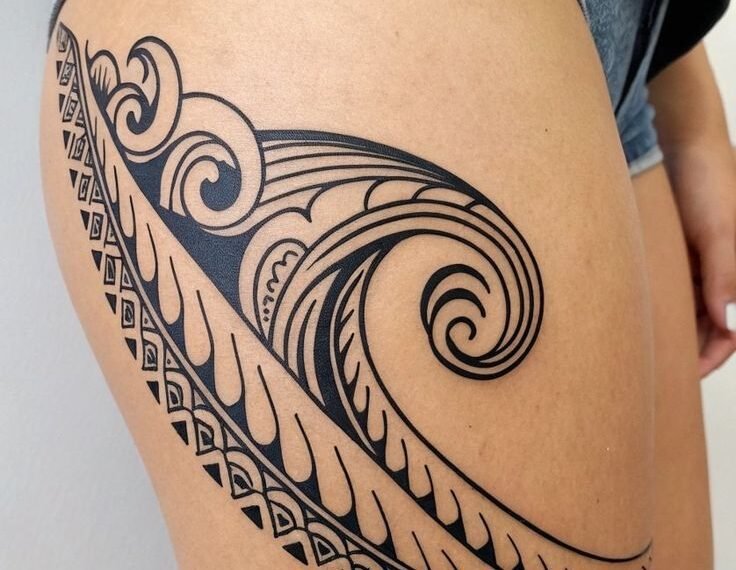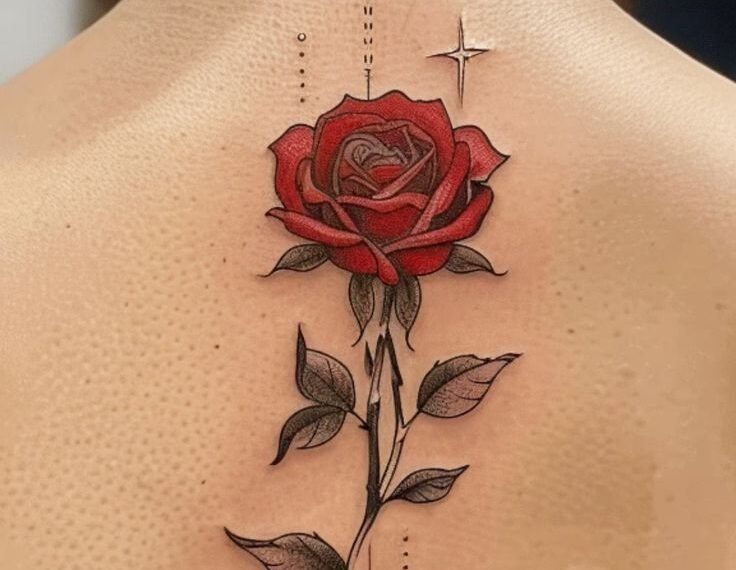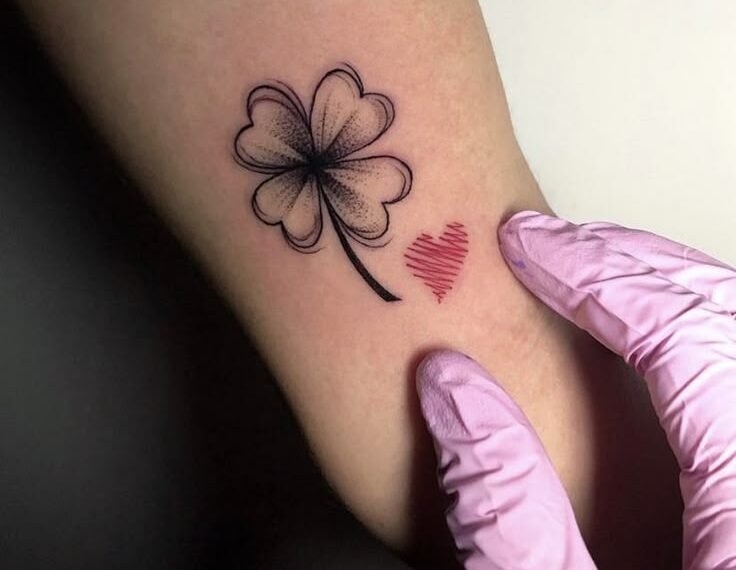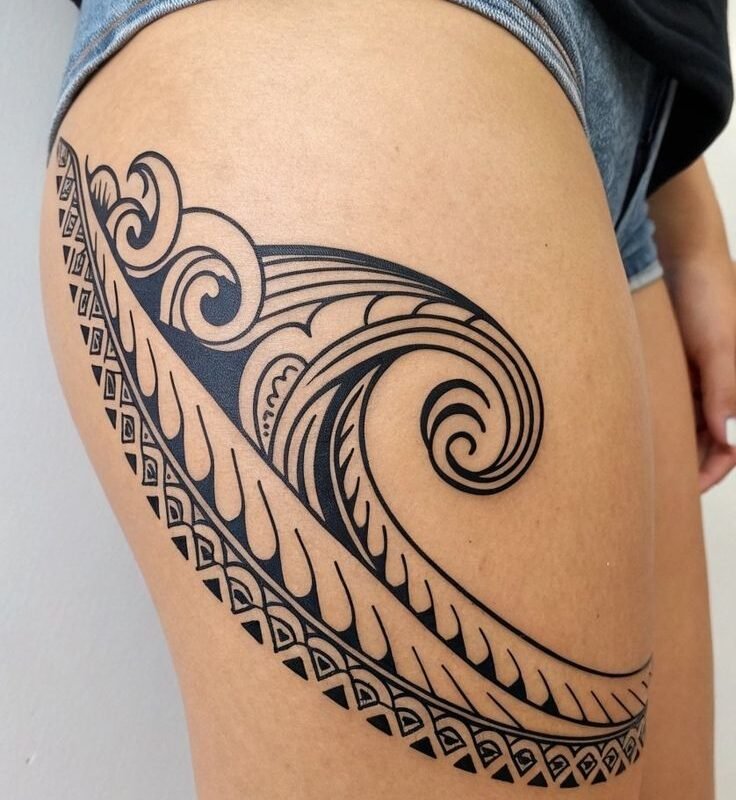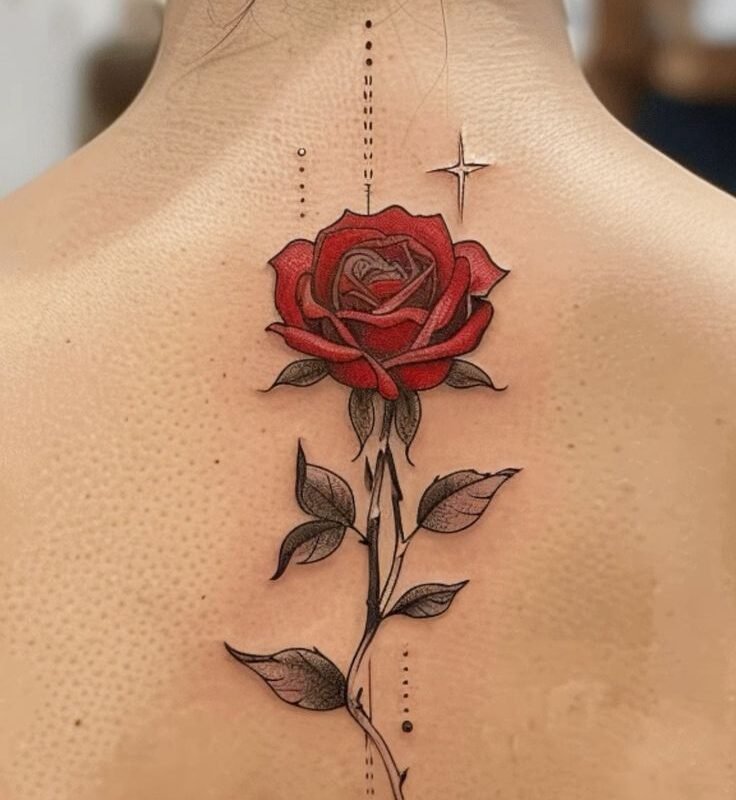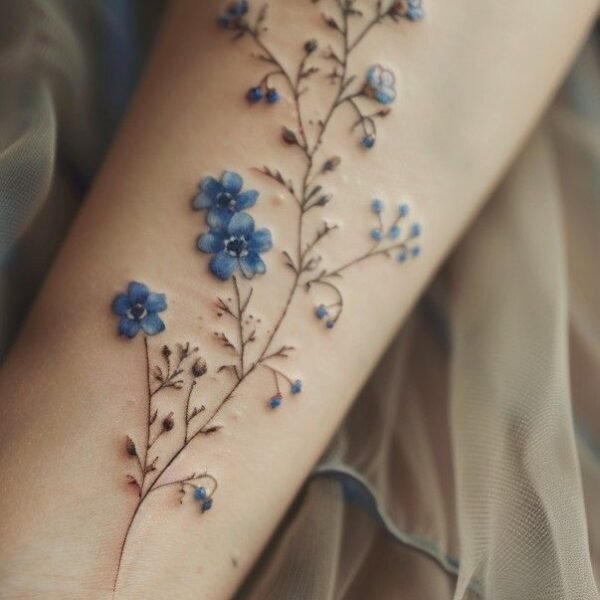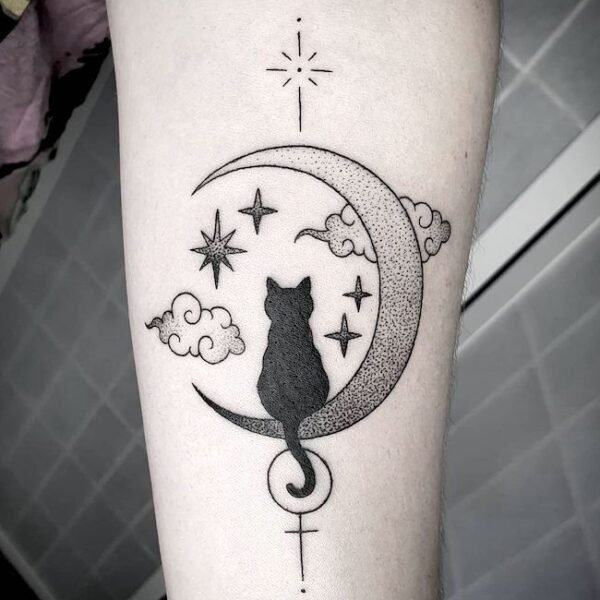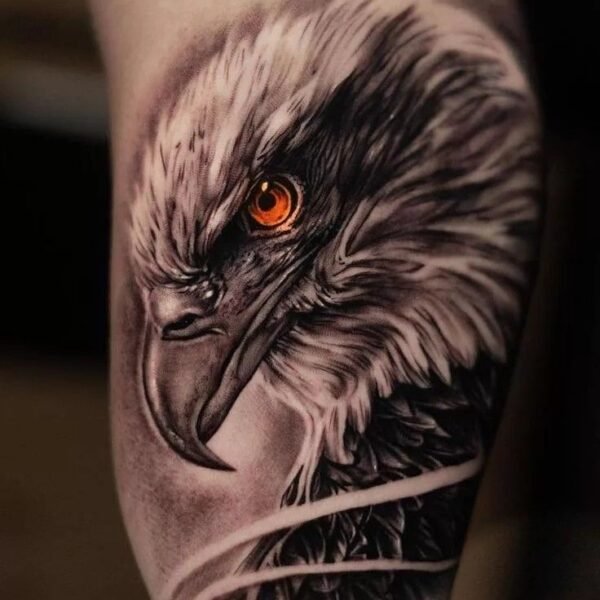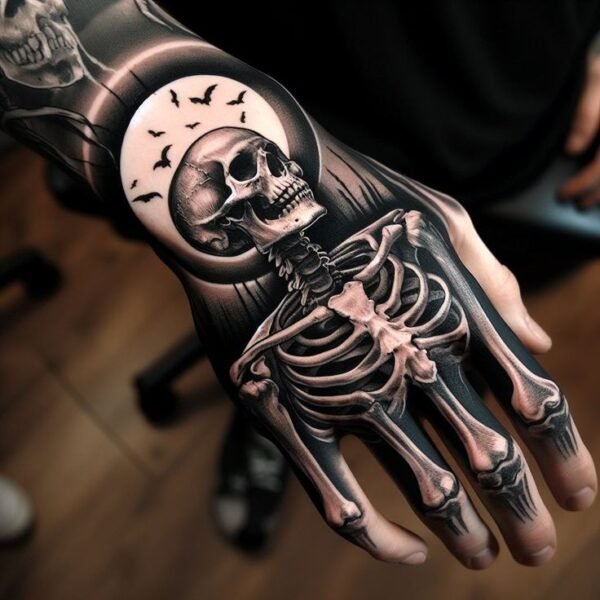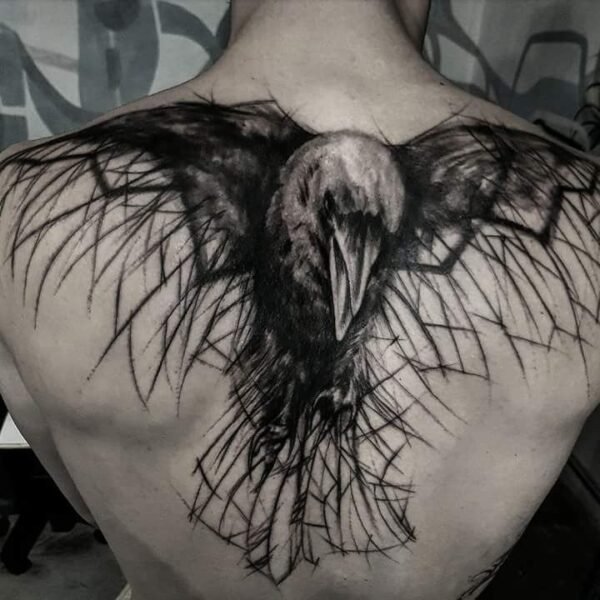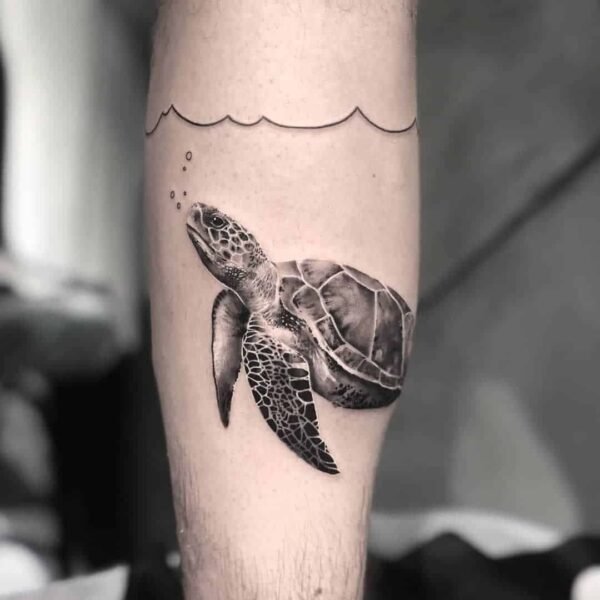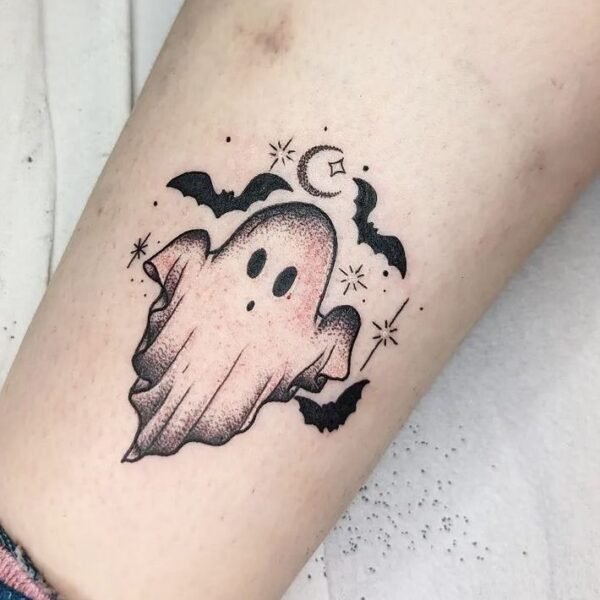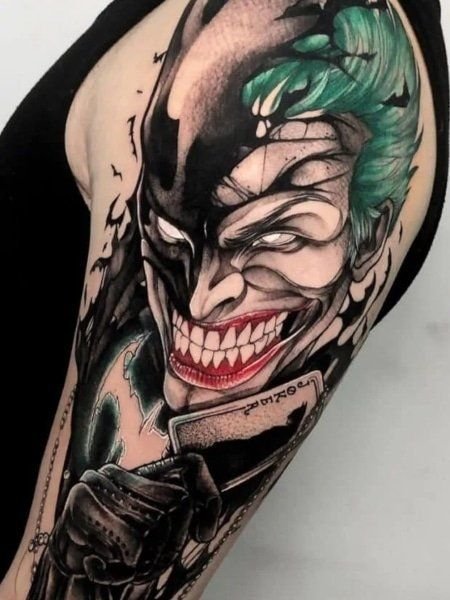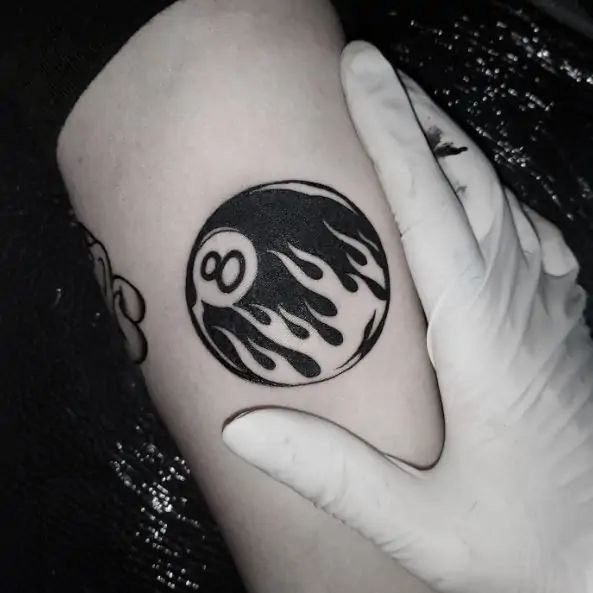Ever wondered what’s hidden in a gang tattoo? These tattoos are more than just art; they carry deep meanings. They tell stories of belonging, identity, and personal experiences in the world of gangs.
From the early 20th century prison tattoos to the symbols of the underworld, gang tattoos hold secrets. They show us the social dynamics at work. In this article, we’ll dive into the symbols and history of gang tattoos, debunking myths and revealing a language that speaks louder than words.
Gang Tattoo Ideas and meanings
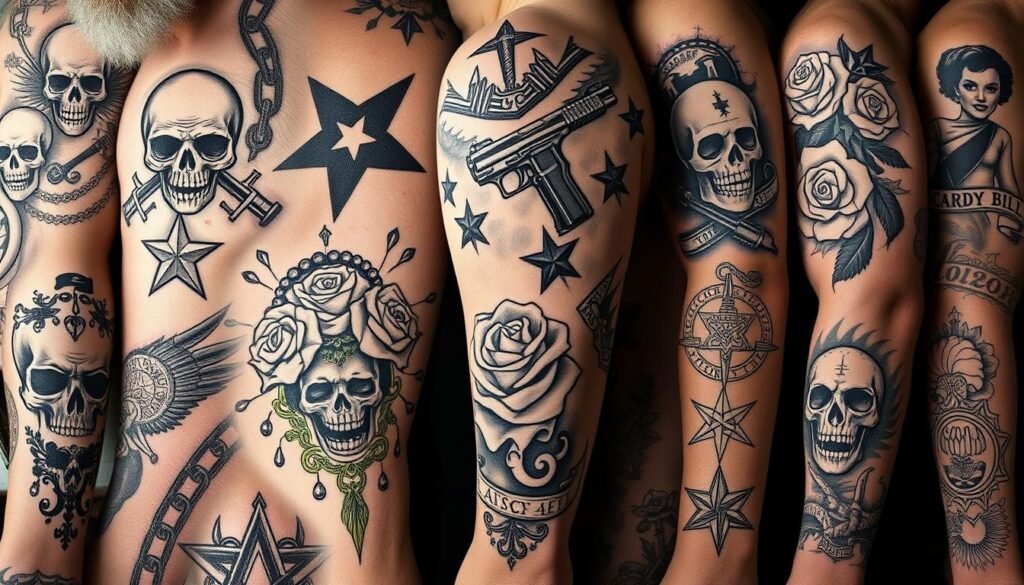
A Brief History of Gang Tattoos
The history of gang tattoos is deeply connected to changes in society and urban life. Tattoos have long been symbols of identity and status in ancient cultures. As gang culture grew in the early 20th century, tattoos became a way for members to show their loyalty.
Prison systems greatly influenced tattoo culture. In the late 18th century, convicts in Australian penal colonies wore tattoos as signs of shame. In Europe, tattoos like five dots were used by French inmates to show they were imprisoned. The three dots tattoo is seen worldwide as a sign of disrespect for law.
Views on tattoos have changed over time. In Italy, the late 19th century saw tattoos linked to criminality through the Bertillonage system. In Japan, tattoos with the Yakuza showed loyalty and strength.
Today, the history of gang tattoos is complex and full of meaning. They share stories of personal growth, social battles, and defiance against society. This aspect of gang tattoos keeps changing, shaped by cultural shifts and urban developments.
Understanding Gang Tattoo Symbolism
Gang tattoos are more than just ink; they are symbols of identity and belonging. Each tattoo tells a story, showing rank, violence, or personal struggles. The meanings vary by group, like the Five-point Crown for the Latin Kings or the teardrop tattoo’s different meanings in different places.
Some tattoos, like the clock with no hands or the five dots, show time in prison. These tattoos share stories of hardship but also hopes for freedom, like birds on the horizon. Knowing these symbols’ meanings requires understanding their history and culture, showing deep personal and group significance.
Gang Tattoo Ideas and Meanings
Gang tattoos are powerful symbols in many communities. They carry deep meanings and stories of a person’s life and affiliations. For example, a teardrop tattoo can mean loss, time served, or gang-related events. The number of teardrops shows how much personal history is tied to tragedy.
The three dots tattoo is often seen as “mi vida loca” or “my crazy life.” It’s a simple yet powerful symbol of a person’s choices, especially in prison culture.
Gang tattoos also mark specific organizations. The Jalisco cartel has unique tattoos for members. Studies show that tattoos make a person 75% more visible to law enforcement.
About 70% of inmates have gang-related tattoos. These tattoos range from detailed designs to simple ones. The demand for flash tattoos has grown by 25%, with many choosing simpler designs that still reflect their identity.
Gang tattoos are key to identity and belonging. They tell stories of strength, loyalty, and personal history. Knowing these meanings offers a glimpse into the lives and cultures of their wearers.
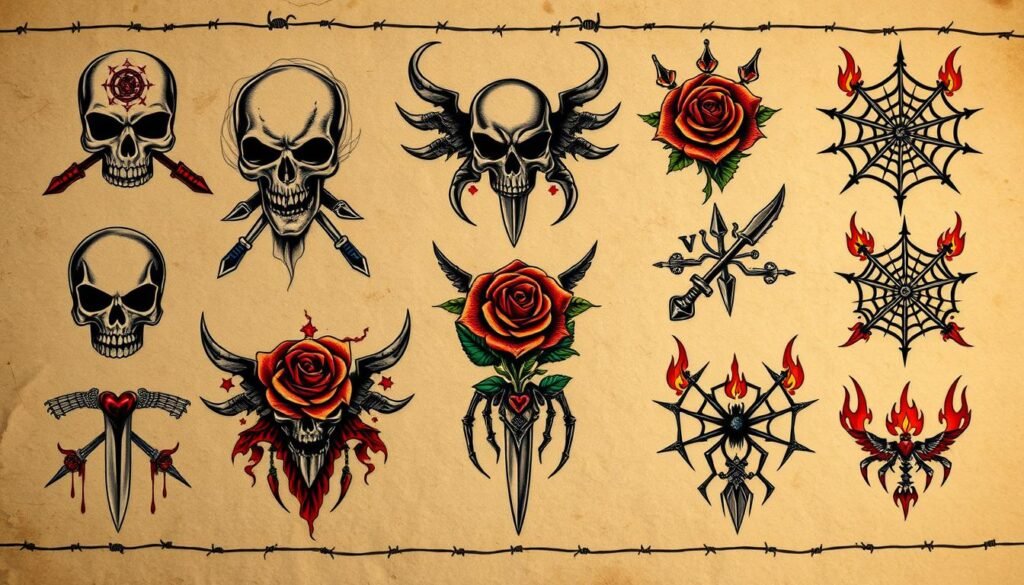
Notable Gang Tattoos and Their Meanings
Exploring gang tattoos reveals their deep symbolism and the stories they tell. These tattoos mark identity, affiliations, and life experiences in gang culture. The teardrop tattoo is known for its association with loss and violence. The Five-Point Crown is significant in the Latin Kings, and MS-13 tattoos offer insights into their culture and values.
Teardrop Tattoo
The teardrop tattoo’s meaning varies. It often symbolizes a connection to murder or the loss of a loved one. A filled teardrop might mean the wearer has committed murder. An outline could indicate a past attempt.
This tattoo tells a story of past struggles and tragic experiences. It’s a visual narrative of one’s life, reflecting the culture’s impact.
Five-Point Crown
The Five-Point Crown is tied to the Latin Kings, a well-known Hispanic gang. Each point represents unity, loyalty, and respect. Members often get the acronym ALKN, for Almighty Latin Kings Nation, alongside the crown.
This symbol shows affiliation and inner strength. It reflects a sense of belonging among its members.
MS-13 Tattoos
MS-13 tattoos represent the Mara Salvatrucha gang and convey deep messages. Symbols like the number 13, skulls, and devil imagery show rebellion against authority and violence. The number 13 is sacred in their culture.
It often appears in various forms on members’ bodies. This constant display of identity strengthens loyalty and camaraderie among gang members.
Common Symbols in Gang Tattoos
Gang tattoos often have symbols that tell about the person’s identity and experiences. These common tattoo symbols are part of street culture and show who they are. Skulls, snakes, and stars are key symbols for danger, change, and dreams.
Skulls and Snakes
Skulls mean death and danger, showing toughness and the harsh life on the streets. Snake tattoos mean change, cleverness, and surviving tough times. Together, they tell a story of strength and making it through hard times.
Star Symbols
Stars in tattoos mean guidance and dreams in gang culture. They are placed in special spots to show their meaning. For example, stars on the knees mean not giving in, and on the chest, it means being respected.
This shows how personal goals and group identity mix in gang tattoos. To learn more about symbols and their meanings, check out this source.
The Influence of Pop Culture on Gang Tattoos
Media has greatly changed how we see gang tattoos. Now, many hip-hop artists show off fully tattooed bodies. This is a big change from when only a few tattoos were common.
These tattoos mean more than just looks. They show strength, achievement, and survival. They connect artists deeply to their identities.
The East Coast-West Coast rivalry made regional tattoos more important. Artists like The Game and 50 Cent show their area codes in tattoos. This marks their gangs and cities.
Stars like Drake and Wiz Khalifa also show their city codes. For example, Drake has the 416 code for Toronto.
The “3 Dots” tattoo is common in prison. It means “mi vida loca.” Skulls symbolize death and danger, especially for high-ranking members.
Playing card tattoos often mean gambling and risk. Nelly’s tattoos show this well.
Tattoos like crosses or teardrops tell personal stories. A forehead cross can mean faith and prison time, like Kevin Gates’ tattoos. Celebrities wearing these tattoos change how we see them.
About 30% of famous artists have gangster tattoos. This has made society more accepting of them.
Now, more people want gangster tattoos for their history and culture. Tattoo shops have seen a 40% increase in these requests. Cholo culture’s bold styles show how tattoos can express both personal and cultural identities.
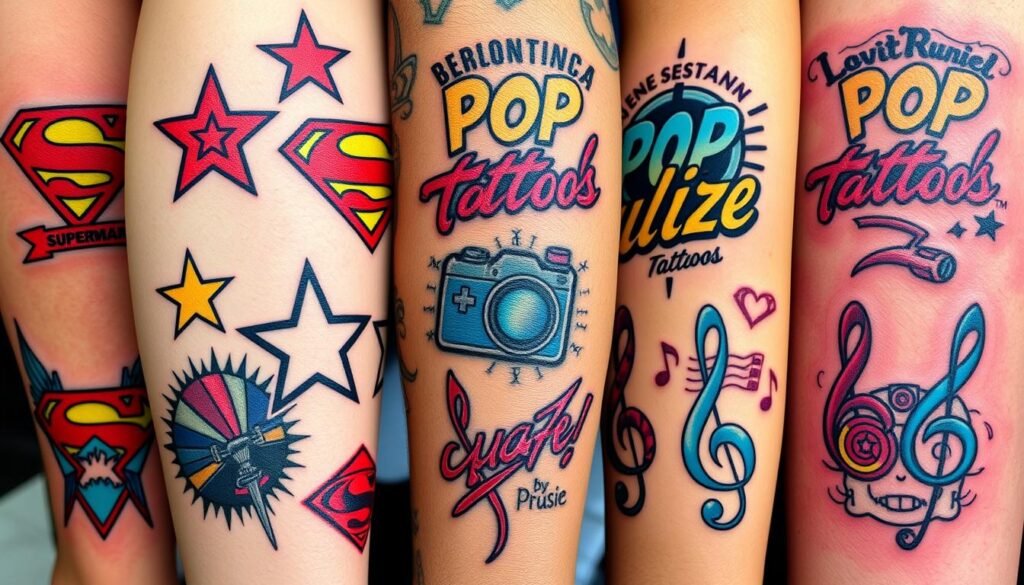
Gang Tattoos and Identity
Tattoos are key in showing gang identity and belonging. They are not just for looks but show a person’s dedication to the gang. The designs tell stories of rank, experiences, and loyalty to the group.
Affiliation and Status
In gang culture, tattoos show status. For example, a teardrop tattoo can mean a big event like violence or loss. It shows achievements or sacrifices for the gang.
These tattoos can make someone’s status higher in the group. Certain designs are for those who have proven themselves through actions.
In prisons, tattoos show respect among peers. Stars on knees mean refusing to kneel to authority, showing strength. In Russian prisons, a star on the shoulder means higher status and social hierarchy.
The Process of Getting a Gang Tattoo
Getting a gang tattoo is different from regular tattoos. These tattoos are often made in informal places. Artists use stick-and-poke techniques here.
Gang members talk a lot about the tattoo’s design and meaning. This shows their loyalty and commitment to the gang.
In prisons, tattoos are traded for goods like commissary items or cigarettes. This shows how inmates are resourceful. They make tattoo tools from simple things like needles or staples.
Street tattoos have deep meanings for gang members. The “hanging man” symbolizes big sacrifices. Tattoos like “13 & ½” criticize the justice system. These tattoos remind them of shared experiences and missed events.
Getting a gang tattoo is risky for health and safety. There’s no health check, and ink sources are not always safe. This raises concerns about diseases like hepatitis C. Some prisons are now trying to make tattooing safer.
Understanding gang tattoos shows their importance in prison life. They reflect identity, resilience, and survival. For more on inmate tattoos, check out this article.
Breaking Down Misconceptions about Gang Tattoos
The public often sees gang tattoos in a wrong light, thanks to the media. It’s easy to think all tattoos are linked to crime. But, the truth is, many tattoos are just personal choices, stories, or cultural symbols.
Learning about the real meanings of tattoos can change how we see them. For example, a teardrop tattoo can mean many things, like a life lost or a crime done. Tattoos about time served or personal growth in prison are also misunderstood.
When we understand the deeper meanings of tattoos, we see them in a new light. Instead of fear or dislike, we should look at the personal stories behind them. This helps us see gang culture and its members in a more compassionate way.
FAQ
What are gang tattoos and why do they hold significance?
When did gang tattoos first emerge?
What are some common designs and their meanings?
How do gang tattoos influence identity?
What is the process of getting a gang tattoo?
Are there misconceptions about gang tattoos?
How has pop culture affected the perception of gang tattoos?
I’m a tattoo enthusiast with a love for all things ink. Besides tattoos, I’m into tech, hitting the road for spontaneous trips, and enjoying a good whiskey. I’m also fascinated by the historical aspects and meanings behind tattoos, which is why I created Tattoo Pub. When I’m not on an adventure or geeking out over the latest gadgets, you’ll find me curled up with a good book. Always on the lookout for new experiences and stories to share!

